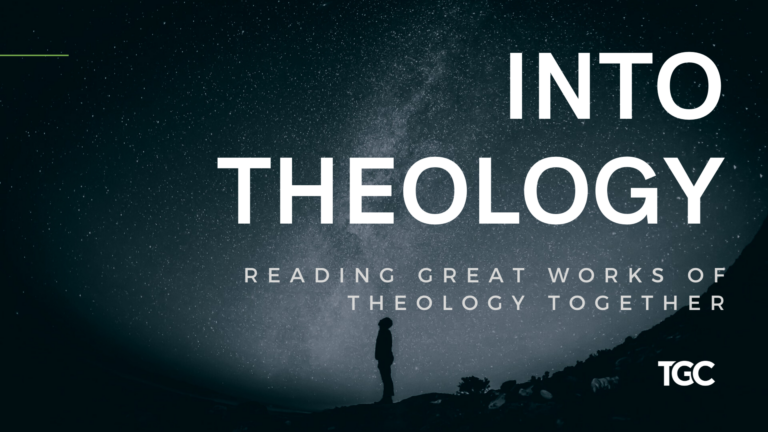In 2 Peter, the apostle contrasts true knowledge of Jesus Christ with the corrupting desires of the world. As I’ve studied this letter, I’ve seen how Peter builds his case through several interconnected themes that remain strikingly relevant for believers today.
Warning Against False Teachers
Peter writes to sound an alarm about false prophets who have arisen among the people. In 2 Peter 2:1, he warns that these teachers bring “destructive heresies” into the community. But what exactly makes their teaching so dangerous?
The answer lies in their fundamental approach to life. These false teachers are “characterized by the corruption of the world,” acting like “irrational animals and creatures of instinct” (ἄλογα ζῷα) because they “follow the polluting desires of the flesh” (2 Peter 2:10, 12). In a particularly revealing statement, Peter notes that they “promise freedom but they themselves are actually slaves of this corruption” (2:19).
This creates a devastating irony: those who claim to offer liberation through indulging desires end up enslaved by those same passions. They become “irrational animals” led solely by instinct rather than by knowledge.
The Alternative: Saving Knowledge of Christ
In contrast to this path of enslavement, Peter presents a radically different way forward. He begins his letter by reminding believers that they have “received a faith that is equal to the apostles’ faith” through “the righteousness of our God and Savior Jesus Christ” (2 Pet 1:2).
This righteousness isn’t merely an abstract concept. Peter explains that “the divine power of Christ has given us everything required for life and godliness through the knowledge of him who called us by his glory and power” (2 Pet 1:3). This “saving knowledge” is equivalent to the righteousness given to believers.
True freedom comes not through indulging desires but through knowing Christ and sharing in his righteousness
Most remarkably, Peter describes this process as “sharing in the divine nature” (2 Pet 1:4), which leads to “escaping the corruption that is in this world because of evil desire.” The contrast with the false teachers couldn’t be clearer: while they remain enslaved to corrupting desires, true believers escape this corruption “through the knowledge of the Lord and Savior Jesus Christ” (2 Pet 2:20).
Knowledge vs. Instinct
Throughout the letter, Peter establishes a fundamental opposition between true knowledge and irrational passion:
- False teachers live according to “sinful desires” that enslave them
- Believers live according to the “knowledge of Jesus Christ” that liberates them
This echoes Paul’s language in Romans 7 about “the mind versus the flesh” – a common biblical framework for understanding sin. But Peter particularly emphasizes how knowledge of Christ’s righteousness transforms believers, enabling them to live virtuously rather than being controlled by desire (e.g., 2 Peter 1:3–12).
Denial of Future Judgment
Peter identifies another element in the false teachers’ message: they deny future judgment, claiming they can “follow their own evil desires” (2 Pet 3:3) without consequence because “God doesn’t take sin seriously.”
In response, Peter points to historical judgments like the flood to prove that God indeed punishes evil. Chapter 3 emphasizes the certainty of a coming “day of justice” when God will judge the wicked and vindicate the righteous.
The letter concludes with a warning not to be “led by the error of lawless people” (3:17) but instead to “grow in the knowledge of our Lord and Savior” (3:18). Again, saving knowledge of Christ is presented as the antidote to false teaching.
Peter’s Death and Scripture’s Authority
There’s a personal dimension to Peter’s argument. He knows his time is short, referring to his body as a “temporary tent” that he will soon “lay aside” (2 Pet 1:13-14). This reflects Jesus’ prophecy of Peter’s martyrdom in John 21:18–19.
This awareness of his imminent death adds urgency to Peter’s message. His temporary body shouldn’t be wasted on fleshly desires; instead, his focus remains on the eternal (2 Pet 2:11). Peter bolsters his authority by reminding readers that he was “an eyewitness of Christ’s majesty” at events like the Transfiguration (2 Pet 1:16-21).
Interestingly, Peter also affirms the authority of “the prophetic word” (the Old Testament) for the ongoing life of the church since not everyone can see Christ in the flesh as Peter did. Peter even refers to Paul’s letters as part of “the Holy Scriptures” (2 Pet 3:15-16), implying that Peter saw the apostolic writings of Paul as part of Scripture like the Old Testament was.
In other words, Peter had authority because he followed Jesus. But even when he dies (which will be soon), the prophetic word or Scripture will retain similar authority because it comes from the Holy Spirit (2 Pet 1:21).
Conclusion: The Path to True Freedom
Peter argues coherently and pointedly. The false teachers promise freedom but deliver slavery because they lack saving knowledge of Christ. True believers, however, possess this knowledge, which brings righteousness and transformation.
The knowledge of Christ gives believers “everything required for life and godliness” (1:3) and enables them to escape the corruption of worldly desires. In an age that often glorifies following one’s passions and instincts, Peter’s message remains countercultural: true freedom comes not through indulging desires but through knowing Christ and sharing in his righteousness.
As Peter faced his own mortality, this message took on special urgency. For us today, it offers the same clear choice: will we be led by irrational desires that ultimately enslave, or by the knowledge of Christ that truly liberates?








